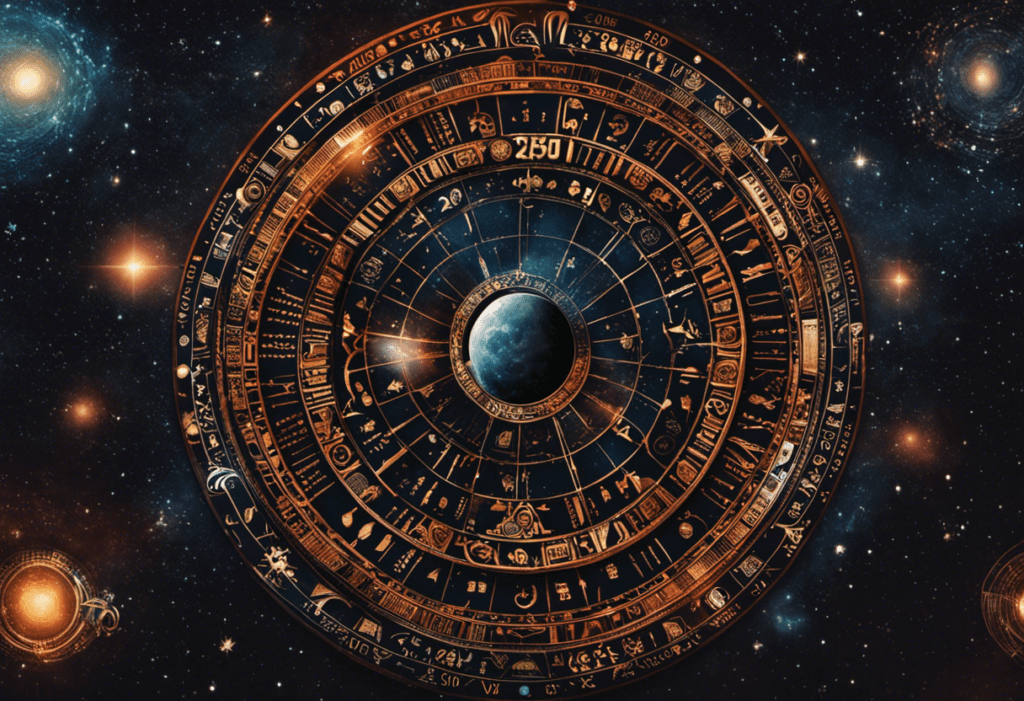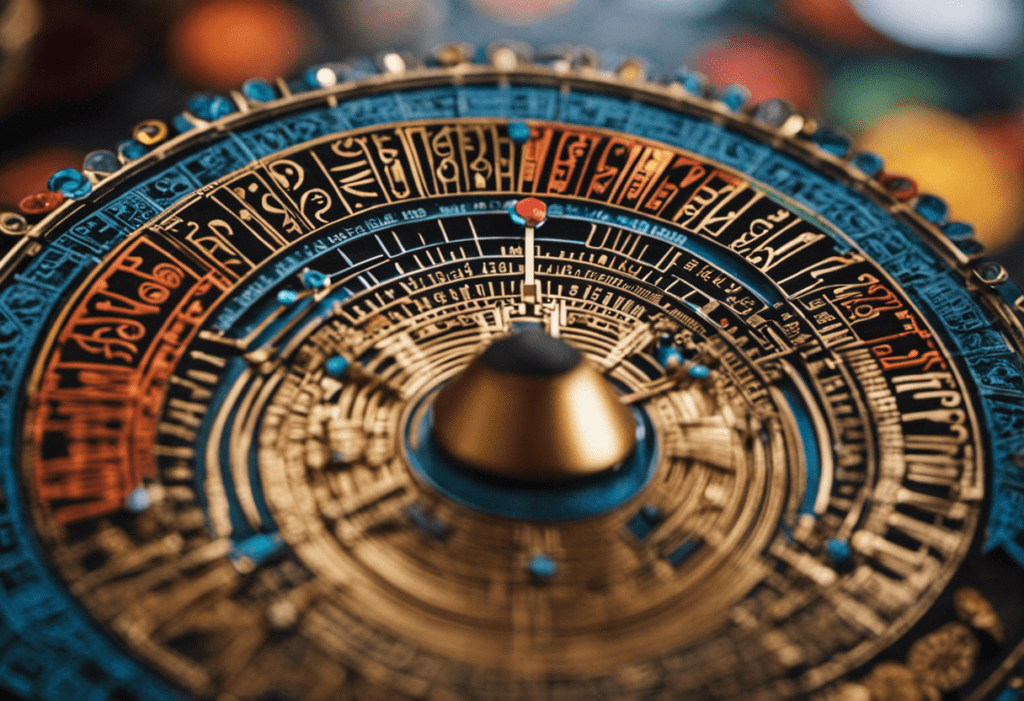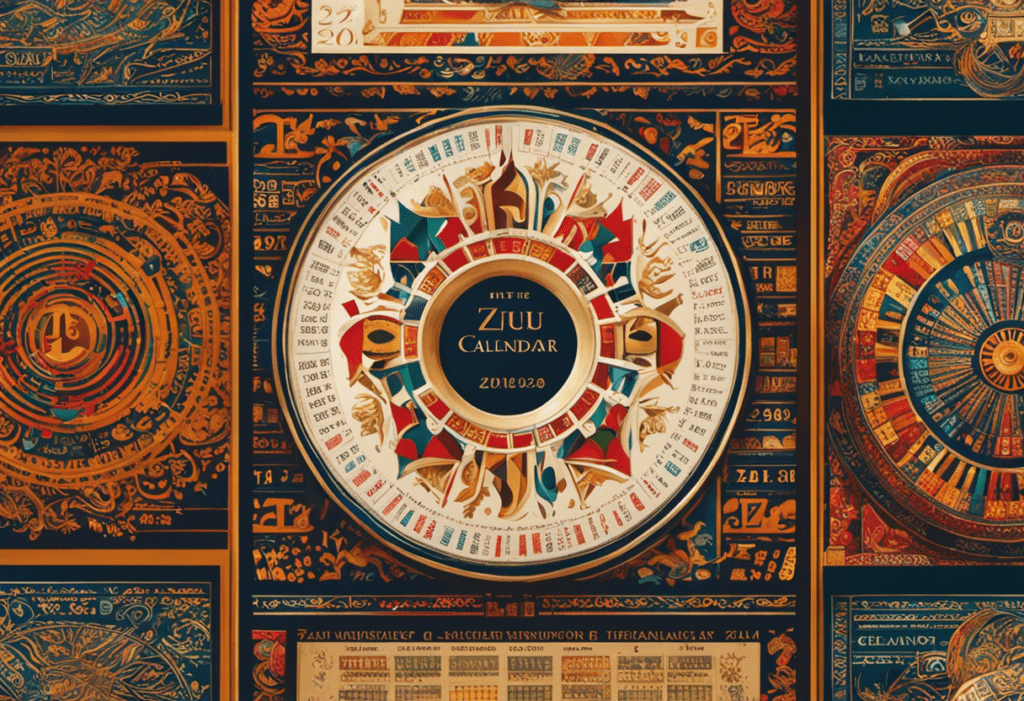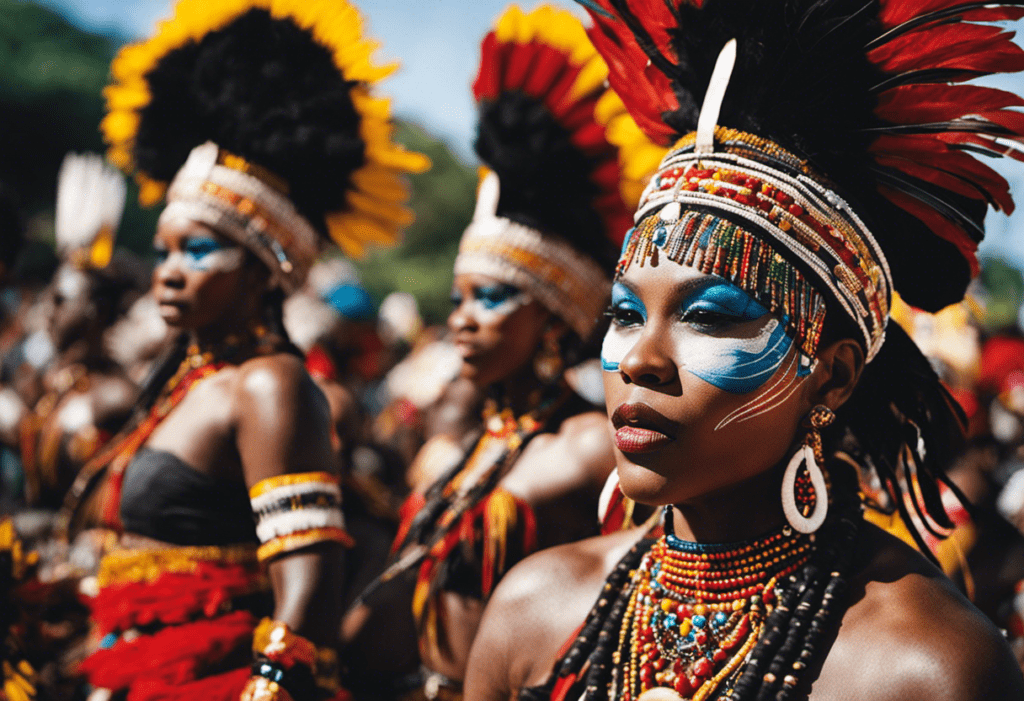In the fascinating realm of the Zulu calendar, celestial phenomena take center stage, shaping the lives and rituals of this ancient African culture. Astrological significance abounds, as the moon, stars, and cosmic rhythms intertwine to guide the Zulu people’s daily activities and ceremonies.
This article delves into the intricate tapestry of Zulu astrology, exploring the celestial bodies’ influence and the rituals employed to harness their energy. Prepare to embark on a journey into the captivating realm of the Zulu calendar’s astrological significance.
Key Takeaways
- The sun, moon, stars, and planets all play important roles in the Zulu calendar and are observed for various astronomical phenomena and events.
- Lunar phases have a significant influence on Zulu astrology and affect the efficacy of rituals and activities.
- Stars are seen as celestial markers that guide different aspects of life and are associated with specific animals or natural phenomena.
- Rituals and ceremonies, such as meditation, prayer, offerings, sacrifices, dance, and music, are performed to establish a connection with celestial energies and bring harmony, prosperity, and protection to individuals and communities.
The Celestial Bodies in the Zulu Calendar
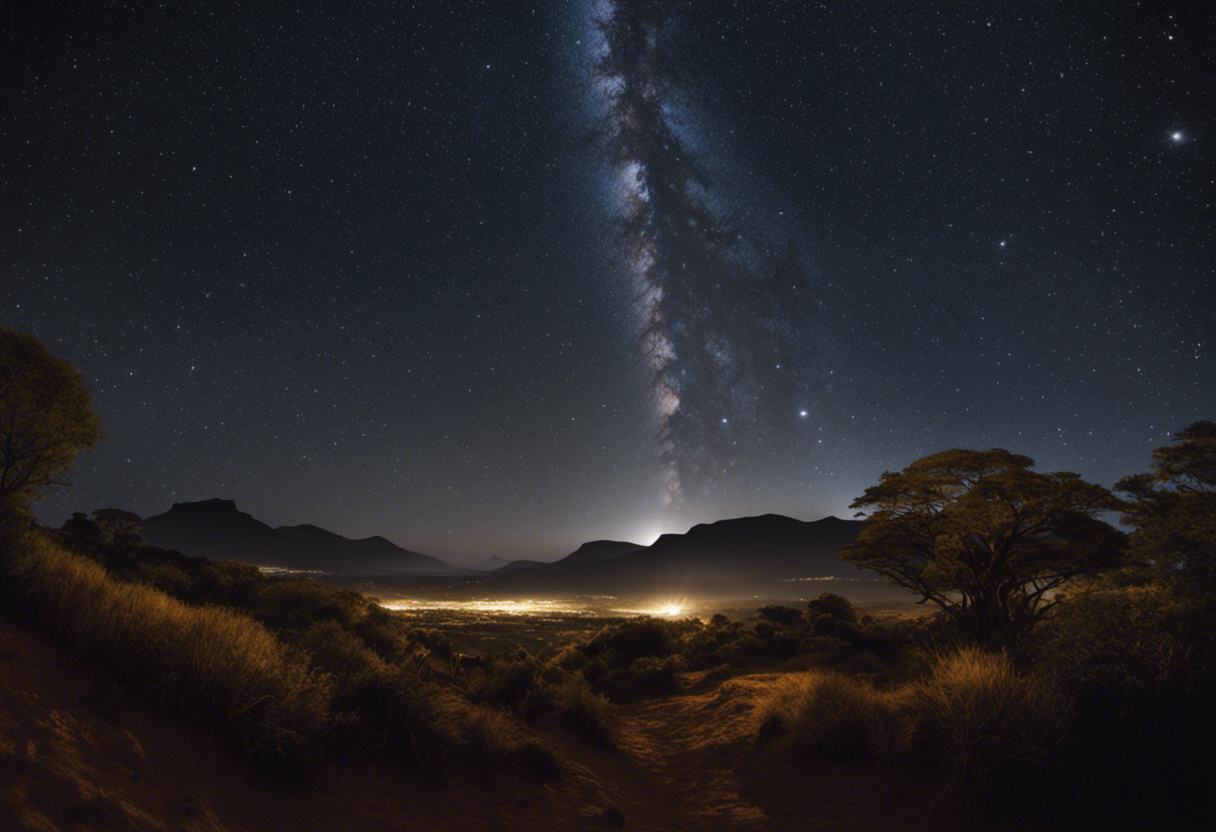

The Zulu calendar incorporates various celestial bodies, each playing a significant role in the calculation and interpretation of astrological events. The Zulu people have a deep understanding of the celestial events and their connection to human life. They believe that the movements of the sun, moon, stars, and planets have a profound impact on their daily lives and future outcomes.
In the Zulu calendar, the sun holds a central position. Its daily movement through the sky not only marks the passage of time but also signifies the beginning and end of each day.
The moon, on the other hand, plays a crucial role in determining the months and the timing of religious and cultural festivals.
Apart from the sun and the moon, the Zulu calendar also takes into account the positions of the stars and planets. The Zulu people observe specific astronomical phenomena, such as the appearance of certain constellations, to mark significant events. For example, the sighting of the Pleiades star cluster (also known as the Seven Sisters) signals the start of the agricultural season and initiates important planting rituals.
The Influence of the Moon in Zulu Astrology
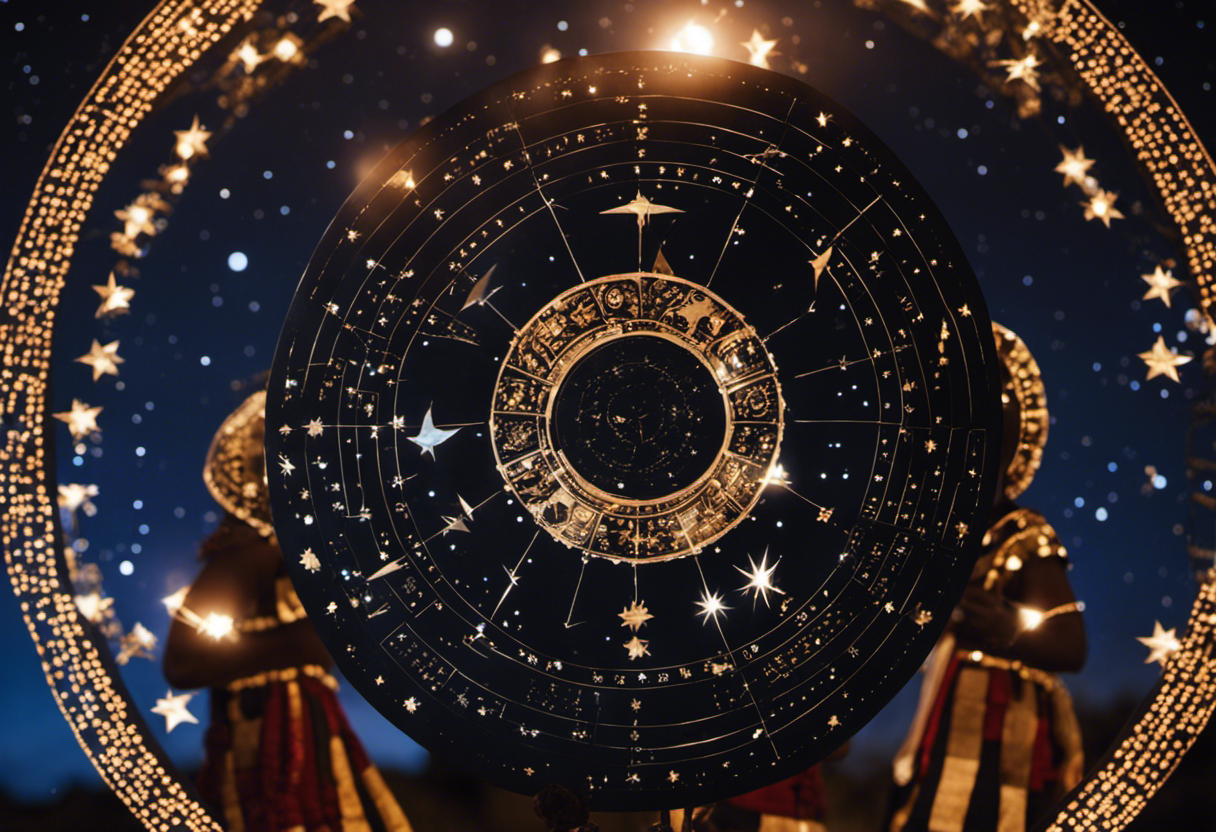

Lunar phases play a pivotal role in shaping the predictions and interpretations of astrological events in Zulu astrology. The influence of lunar phases on daily activities is considered significant in Zulu culture. Here are two key aspects of the Moon’s impact on daily activities in Zulu astrology:
- Timing of rituals: Zulu astrologers believe that the Moon’s phases affect the efficacy of various rituals. For instance, during the New Moon phase, when the Moon is not visible, it is believed to be a time of introspection and planning. This phase is considered ideal for setting intentions and initiating new projects. On the other hand, the Full Moon phase is associated with heightened energy and increased emotional intensity. It is believed to be a time for manifestation, completion of tasks, and celebrating achievements.
- Harmony with nature: Zulu astrology emphasizes the importance of harmonizing with nature’s cycles. The Moon’s phases are seen as a reflection of the natural rhythms of life. By aligning daily activities with the Moon’s phases, individuals can tap into the energy and flow of the universe. This practice is believed to enhance productivity, emotional well-being, and overall harmony.
Understanding the influence of lunar phases allows Zulu astrologers to guide individuals in making informed decisions and optimizing their daily activities for maximum benefit. By harnessing the energy of the Moon, individuals can navigate life’s challenges and align themselves with the natural forces that surround them.
The Role of the Stars in Zulu Cosmology
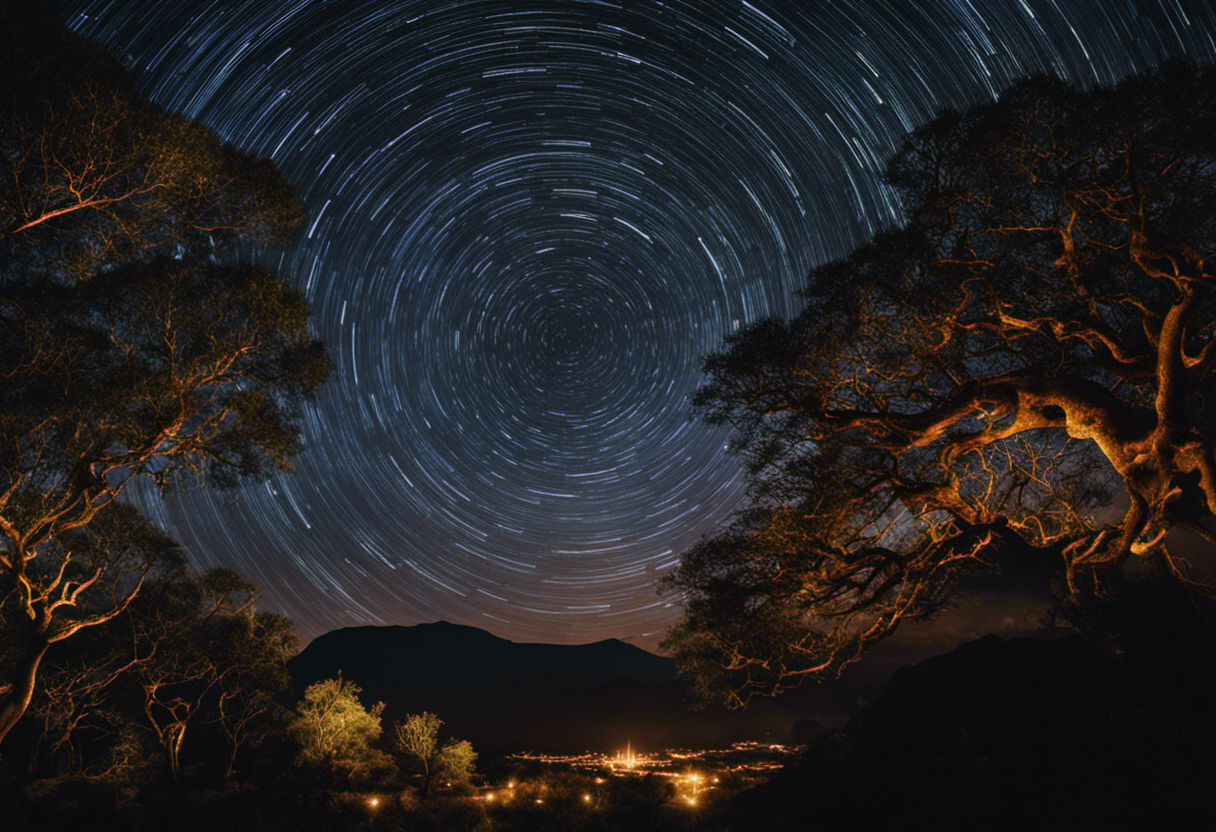

Within Zulu cosmology, stars hold a significant position and are regarded as celestial markers that guide various aspects of life. In Zulu astrology, the stars are believed to be inhabited by mythical creatures that influence the destinies of individuals. These creatures, known as izinyanga, are seen as intermediaries between the physical and spiritual realms.
The symbolism of constellations in Zulu cosmology is deeply rooted in the ancestral beliefs of the Zulu people. Each constellation is associated with a specific animal or natural phenomenon, and they are believed to have a profound influence on human behavior and events on Earth. For example, the constellation Impi is associated with bravery and courage, while the constellation Inyanga represents healing and wisdom.
The stars also play a crucial role in the Zulu calendar. The movement of the stars is closely observed to determine the changing seasons, agricultural activities, and the timing of important rituals and ceremonies. By paying attention to the position and movement of the stars, the Zulu people are able to align their lives with the natural rhythms of the universe.
Rituals and Ceremonies for Harnessing Celestial Energy
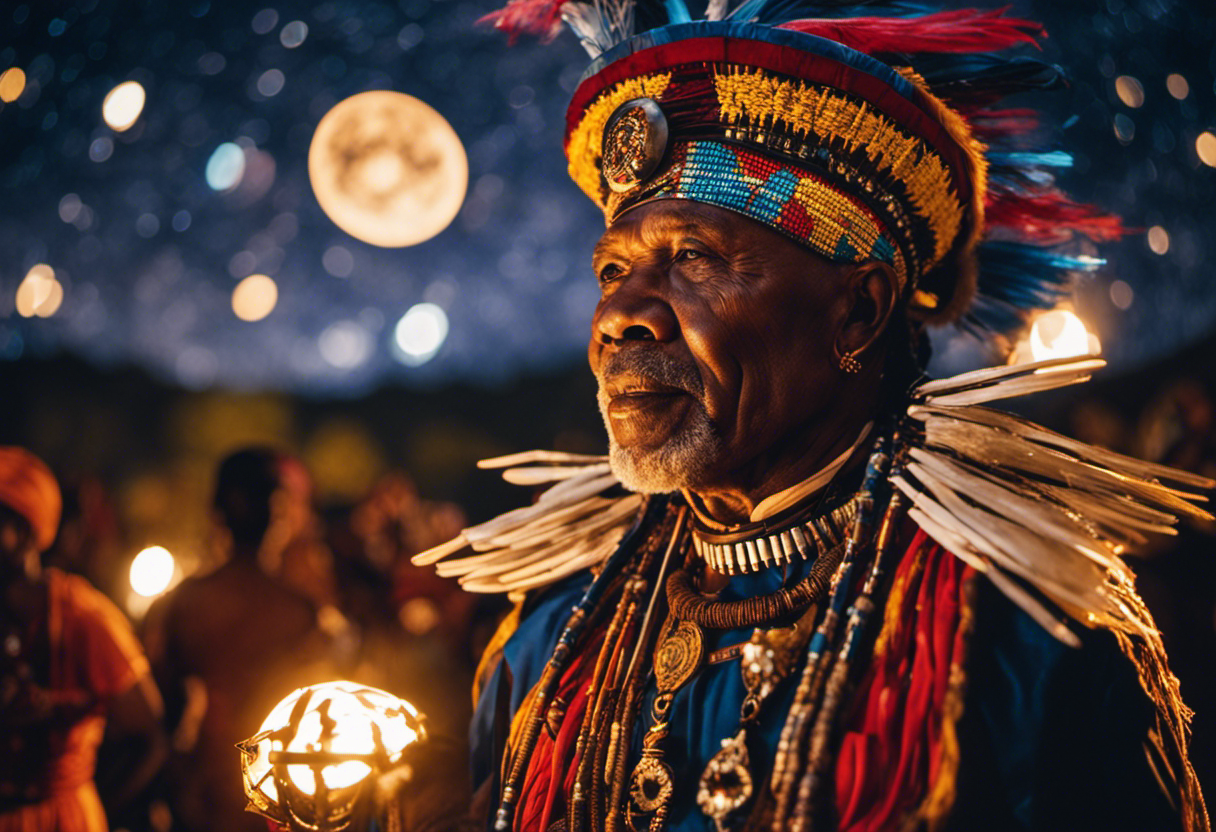

Rituals and ceremonies in the Zulu culture are performed to tap into the powerful energy emanating from the celestial bodies. These traditions are deeply rooted in the belief that harnessing celestial power can bring harmony, prosperity, and protection to individuals and communities.
To connect with the universe and access its boundless energy, Zulu rituals and ceremonies utilize various practices, such as:
- Meditation and Prayer: Zulu individuals engage in deep meditation and prayer to establish a direct connection with the celestial realm. By quieting the mind and focusing their intentions, they aim to align their energy with the cosmic forces.
- Offerings and Sacrifices: In order to establish a reciprocal relationship with the celestial beings, Zulu rituals involve offering gifts and sacrifices. These offerings can range from food and flowers to livestock and precious objects. By giving back to the celestial powers, they seek to receive blessings and favors.
- Dance and Music: Zulu ceremonies often incorporate vibrant dances and rhythmic music. These forms of expression are believed to generate an energetic vibration that resonates with the celestial bodies. Through synchronized movements and harmonious melodies, individuals aim to create a powerful conduit for celestial energy.
Aligning With the Cosmic Rhythms of the Zulu Calendar
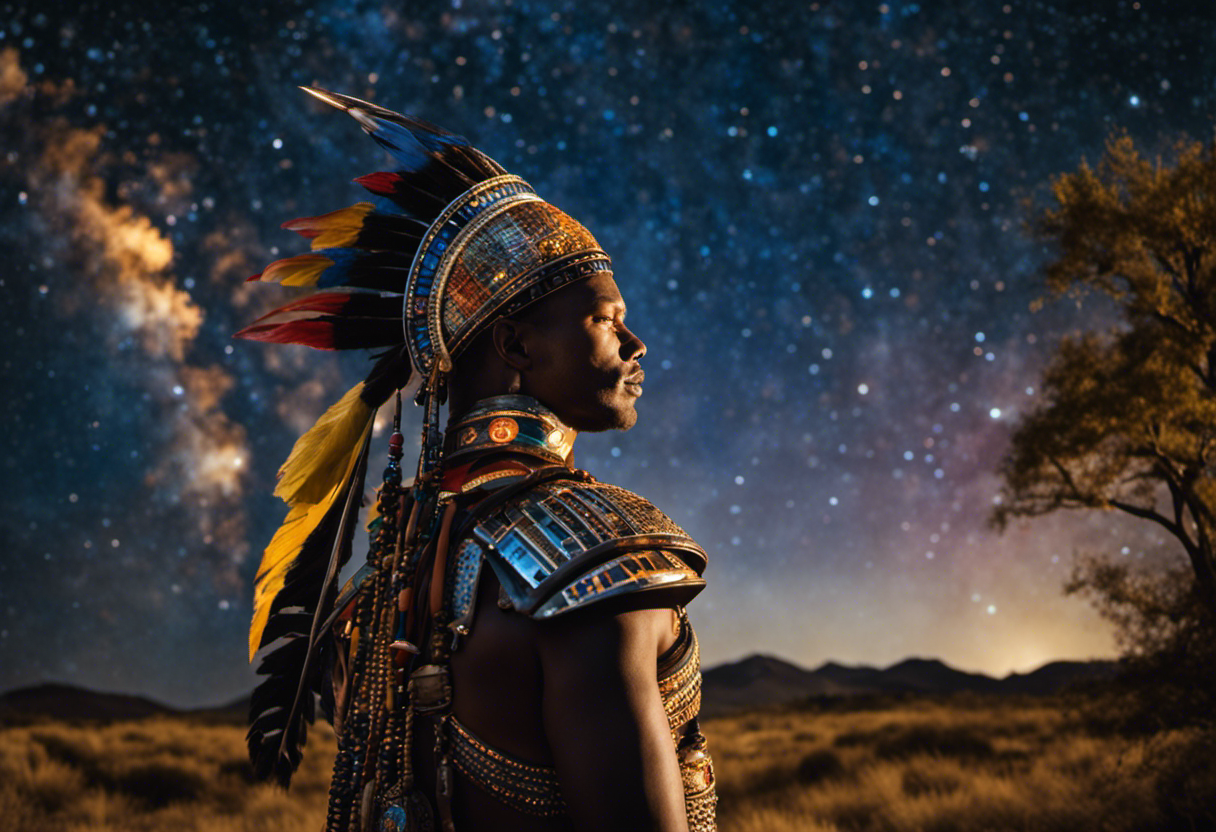

Embracing the celestial influences, individuals in the Zulu culture actively synchronize their actions and decisions with the cosmic rhythms of the Zulu calendar. Astrological practices play a significant role in their traditional beliefs, as they believe that the positions and movements of celestial bodies have a profound impact on human lives. The Zulu calendar is deeply rooted in their ancient traditions and is used as a guiding tool to align their activities with the cosmic energies.
The Zulu people believe that each astrological sign carries its own unique characteristics and influences. They pay close attention to the movements of the sun, moon, and stars, as well as the alignment of planets, to determine the auspicious times for various activities such as planting, harvesting, marriage, and healing rituals. By aligning their actions with the cosmic rhythms, they believe they can harness the positive energy and avoid potential pitfalls.
These astrological practices are passed down through generations, and Zulu elders play a crucial role in guiding the community in aligning with the cosmic rhythms. They possess deep knowledge and understanding of the celestial movements and use this wisdom to advise and guide individuals in making important decisions.
Conclusion
In conclusion, the Zulu calendar holds significant astrological meaning in their culture. The celestial bodies play a crucial role in Zulu astrology, with the moon exerting a strong influence. Stars also hold immense importance in Zulu cosmology.
Rituals and ceremonies are performed to harness the celestial energy and align with the cosmic rhythms of the calendar. The Zulu people have a deep understanding and appreciation for the celestial forces, which guide their daily lives and shape their cultural practices.
As the saying goes, ‘The stars align in harmony with the Zulu calendar, guiding their celestial journey.’

